First broadcast in 2010, ‘The Eleventh Hour’ came at a turning point in Doctor Who history – and there was a lot riding on it.
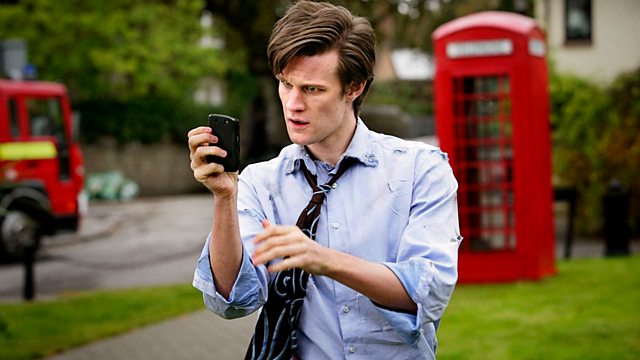
There is always pressure when a new Time Lord takes to the TARDIS. Every new actor has the difficult job of honouring the show’s legacy whilst also bringing something new to the show. This was certainly true for Patrick Troughton when he became the very first of the “new” Doctors in 1966 – nobody knew if the public would accept a different actor at the helm.
But when it comes to ‘The Eleventh Hour,’ the stakes were even higher. Unusually for Doctor Who, this episode didn’t just mark the start of a new Doctor; it also saw the arrival of a brand new production team, lead writer, companion, TARDIS interior – the works. Internally, some people were even referring to Season Five as “Season One” – a soft reboot, of sorts.
It may feel as if this sort of thing happens all the time in the Whoniverse, but not so. When ‘The Eleventh Hour’ came around, the number of times when a new Doctor had set off with a new production team were few. Barry Letts and Philip Hinchcliffe had been eased into their roles when they took over the reins, and even then there was some continuity in the form of Terrance Dicks and Robert Holmes respectively (key Doctor Who writers.)
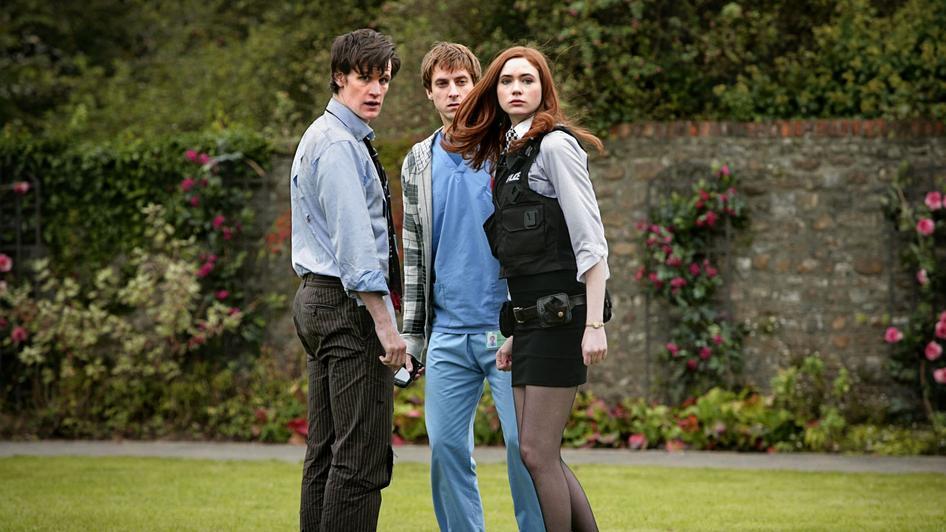
And so, really, the only precedent for a new beginning on this scale was when Russell T Davies first revived Doctor Who in 2005, and the 1996 TV movie. And we all know how that turned out. Chris Chibnall, of course, has done it since with the launch of the Jodie Whittaker era, but there’s no denying that the pressure was really on for all involved in ‘The Eleventh Hour.’ At the readthrough, the showrunner Steven Moffat even referred to it as the most scrutinised TV hour of their lives.
The new Doctor Matt Smith also had the unenviable task of succeeding David Tennant, who had become one of the most popular Time Lords of all time. This was similar, in a way, to the responsibility riding on Peter Davison’s shoulders when he took over from Tom Baker in 1981 except, in his case, the viewing figures were at an all-time low. He wasn’t entering a TV show at the peak of its popularity, but one that was (in some ways) fighting for survival.
Conversely, David Tennant’s final story had viewing figures in excess of 11 million; this new era of Doctor Who had to maintain this momentum.
Certainly, there was a lot of pressure riding on the script as well. Prior to ‘The Eleventh Hour,’ Steven Moffat had written some of the most popular Doctor Who episodes in living memory, if not of all time (‘Blink’ being the most famous example.) He was known for penning some of the more complex “timey wimey” Doctor Who yarns, and there must have been pressure for him to continue in this vein.
At the same time, had ‘The Eleventh Hour’ been overly ‘clever’ or too complicated to follow, it might have alienated the mainstream audience. If the viewers of ‘The Eleventh Hour’ walked away feeling lost and confused, they might not have returned. Equally, if Moffat wrote a script that was so dazzlingly brilliant, then the Eleventh Doctor may have been eclipsed by it. ‘The Eleventh Hour’ had a difficult balance to strike.
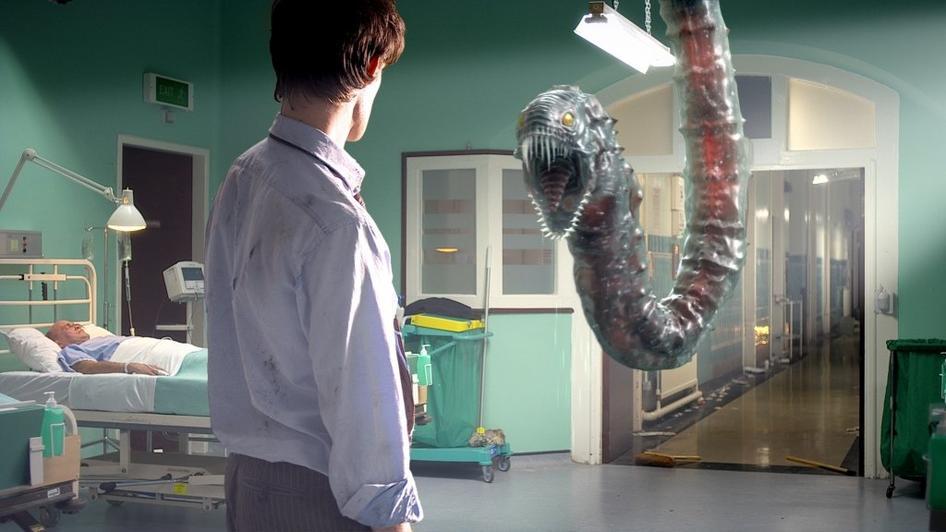
Finally, ‘The Eleventh Hour’ was tasked with introducing a new Doctor Who companion. This is a crucial character in any era of Doctor Who, as the companion acts as the “way in” for the viewers – they ask the questions the audience is asking, and help to make sense of the chaos around them. Moreover, the Doctor Who companion must have a good chemistry with the Doctor. They are going to be spending many months (if not years) on people’s TV screens, and there has to be a spark between them. Even more important, they have to be likeable.
And Amy Pond was certainly likeable. In fact, she has gone on to become one of the longest-serving Doctor Who companions of all time, and lasted almost the entirety of the Eleventh Doctor’s run.
Plus, the way she was introduced was so quintessentially Doctor Who, and so quintessentially Moffat. The Time Lord first encounters her when she is a little girl, but is forced to leave in a hurry in order to save his dying TARDIS. When he returns, mere seconds later, some 12 years have passed. Amy Pond has now grown up, and the “mad man with a box” that she met as a young girl has become something of a fixation, a legend.
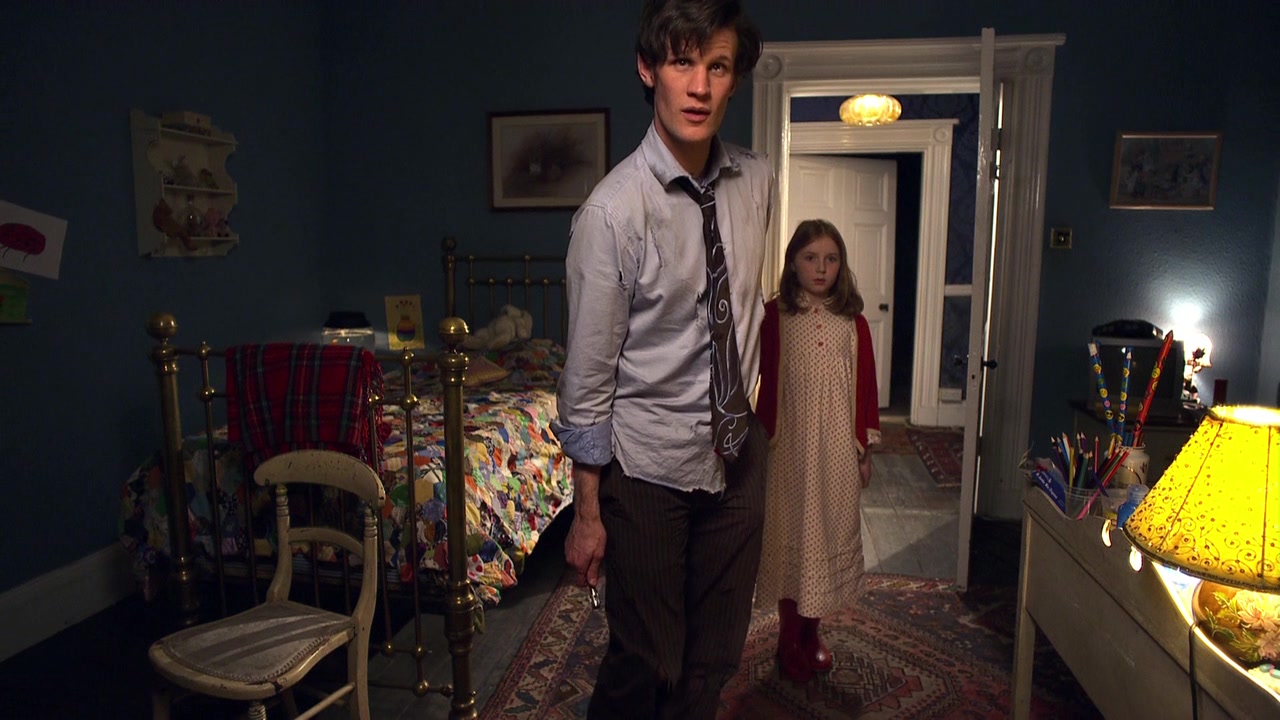
Arguably, this is the perfect amount of ‘timey wimey’ for a casual Doctor Who story. ‘The Eleventh Hour’ cleverly uses the show’s time travel element in a way that doesn’t leave people scratching their heads. Plus, it forges an emotional bond between the Eleventh Doctor and Amy that only deepens as the series progresses, and long-time Whovians will know just what an important role Amy Pond goes on to play.
So was ‘The Eleventh Hour’ a success, when all these factors are taken into account? Of course, every Doctor Who episode will have its lovers and haters, but in the case of ‘The Eleventh Hour’ the numbers speak for themselves. With 10.8 million viewers on its original transmission, it was the highest-rated series premiere since ‘Rose’ and it became the most-requested BBC iPlayer show of 2010 with some 2.2 million views. Moreover, the episode set a new record for BBC America with 1.2 million viewers tuning in.
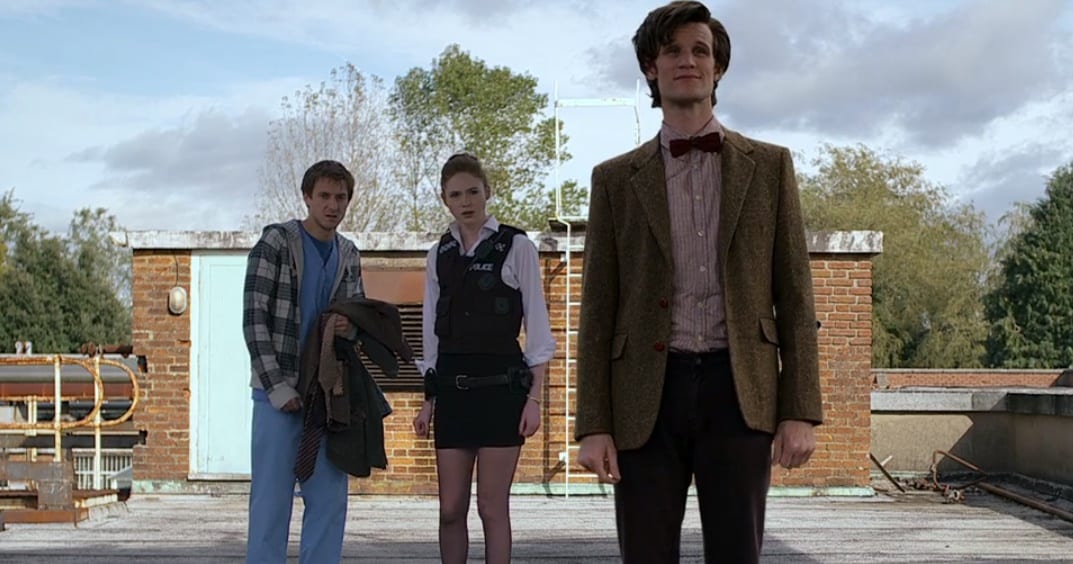
And this latter figure is perhaps the most important of all. Arguably, ‘The Eleventh Hour’ marked a new beginning for Doctor Who State-side, and it accelerated the series’ popularity across the Pond. Indeed, for many people, ‘The Eleventh Hour’ was their very first experience of Doctor Who; it really was Season One, Episode One – a soft reboot that spawned a whole new generation of fans.
This is what makes ‘The Eleventh Hour’ such an important milestone in Doctor Who history. It wasn’t just the start of a brand new Doctor – it was an episode that hastened a new chapter in the series’ history, catapulting it to a level of fame that peaked in Doctor Who‘s 50th anniversary year with a mammoth, worldwide simulcast that was seen in 94 countries.
Interestingly, Matt Smith’s final Doctor Who episode then went on to secure another record for BBC America, with ‘The Time of the Doctor’ achieving the largest viewing figures in the channel’s history. And all of these achievements have their roots in ‘The Eleventh Hour.’
What do you love most about this classic Doctor Who episode? And was ‘The Eleventh Hour’ your first introduction to the series? Let us know in the comments below.








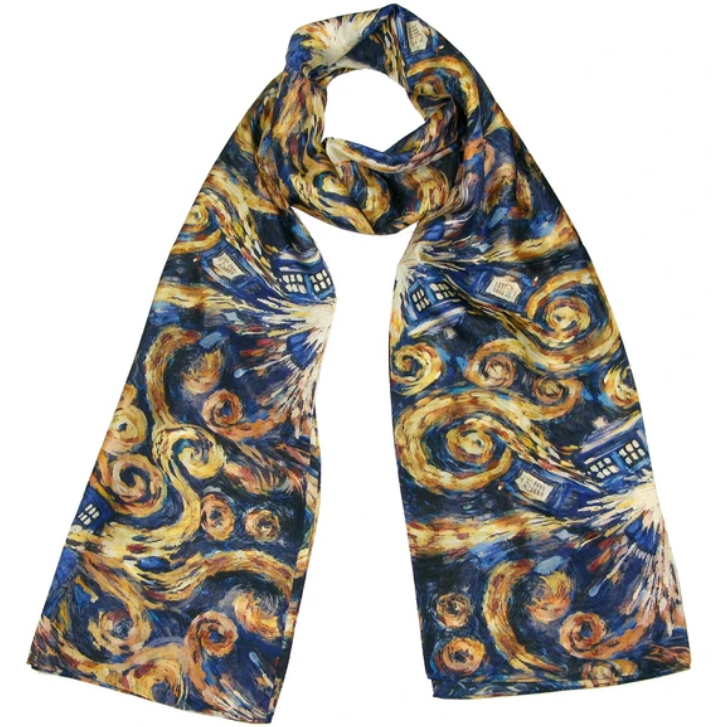
I’ve been watching since Hartnell. Gone off it in recent years – preferred classic Saturday serial in studios.